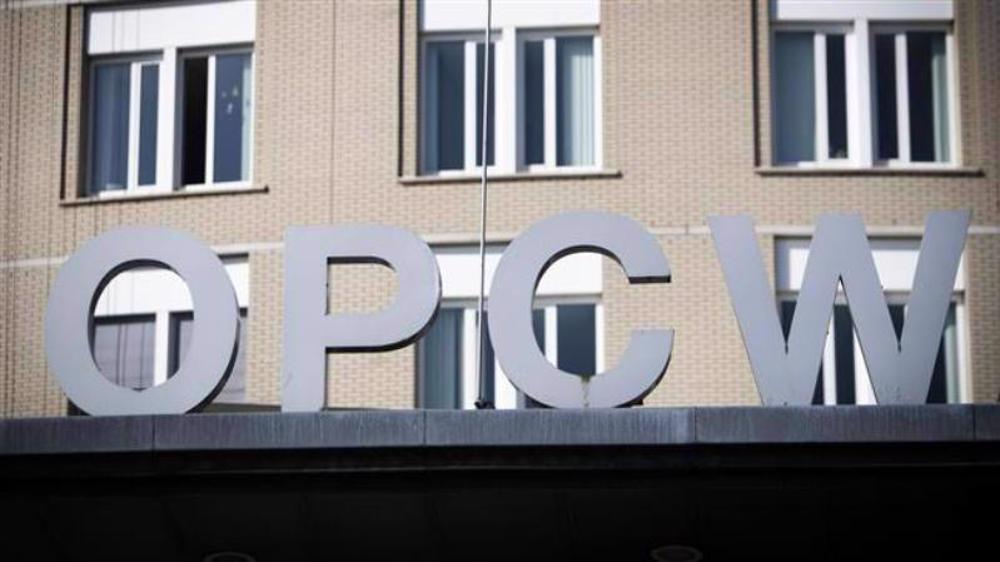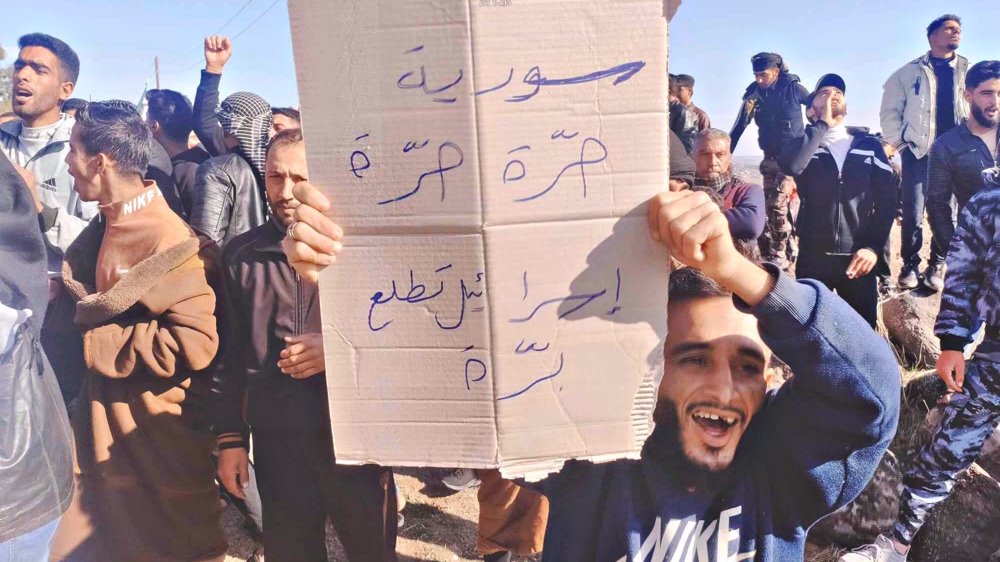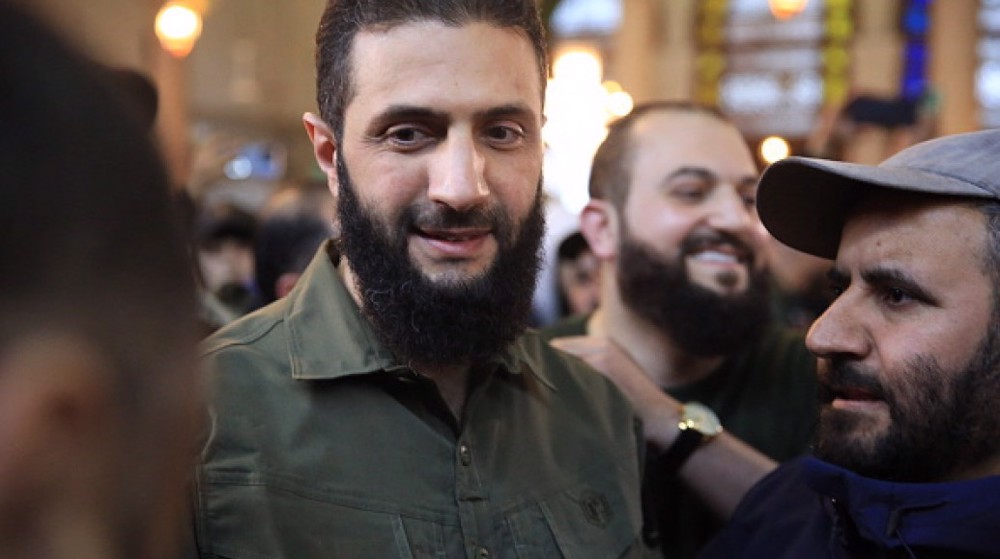OPCW insiders slam ‘hyper-politicized’ report on Syria chemical attack
Current and former staff members of the Organization for the Prohibition of Chemical Weapons (OPCW) have decried the organization’s new report that accused the Syrian government of being behind suspected chemical attacks in Hama in 2017.
In an 82-page report on April 8, the OPCW’s Investigation and Identification Team (IIT) claimed that "there are reasonable grounds to believe” the Syrian army committed the alleged chemical attacks on the militant-held town of Lataminah in Hama province during the last week of March 2017.
It alleged that in a span of one week, Syrian fighter jets had twice dropped bombs containing sarin nerve agent on the town and a helicopter had targeted its hospital with a cylinder containing chlorine, affecting scores of people.
OPCW insiders criticized the report as “another hyper-politicized piece of bunk”, saying the organization has been misused “by influential state parties to further their political and foreign affairs objectives.”
“It was very clear to us during the creation and setup of the IIT that its intent was not to investigate alleged incidents of chemical attacks in Syria. Instead, the team was created simply to find the Syrian government guilty of chemical attacks. Its credibility was therefore compromised from its inception,” the insiders said.
The Grayzone news website quoted the most obvious and detrimental flaws in the “scientifically flawed” IIT report that were highlighted by the insiders.
The insiders questioned the motive the Syrian leadership would have to use chemical weapons that would risk Western intervention at a time when the government was advancing against the foreign-backed militants.
“Then let’s say they took this wild risk by using sarin… They did this by supposedly dropping a couple of sarin bombs on fields; agricultural lands in the middle of nowhere. Really?” it said.
The insiders noted that no so-called “fact-finder or investigator” was deployed to the site of the alleged attacks.
“Not one member of the IIT conducted a field investigation. Literally everything in the case has been provided by the sworn enemies of the Syrian government.”
They said the alleged “evidence” was given to the fact finding mission and IIT over a period of months and years in Turkey.
“The middlemen, representing some so-called NGOs that have been known to coordinate and coach the opposition groups and OPCW inspectors throughout the follow-up on these incidents, have reportedly been a couple of well-known British military figureheads,” the insiders added.
“The narratives, the witness accounts, the soil samples, the metal fragments, the photographs and videos; every item of so-called ‘evidence’ had been provided by those who have everything to gain by implicating their enemies in a chemical attack.”
The insiders further said that the principles of “equitable geographic distribution” had not apparently been applied to missions that blamed the Damascus government.
“We see the composition of the IIT appears to reflect this bias, in that most of the investigators and analysts are of Western/NATO background.”
The IIT, they said, was basically comprised of investigators “without any background or expertise in chemistry, chemical weapons processes or technology, weapons systems or ballistics”, and therefore they were completely reliant upon their “approved” list of experts.
These experts “represent the same Western and NATO intelligence agencies, units, institutes, laboratories and individuals that have already become so heavily invested in 'proving' the complicity of the Syrian government”, the insiders said.
They also challenged the language of the IIT’s report, which they described as “the desired Western opinion about what could have happened.”
“Weak language stating that 'there are reasonable grounds to believe' the official story, it could be argued, actually implies a 50/50 case in which there are similarly reasonable grounds 'not to believe' it."
The Grayzone said the IIT report’s tenuous conclusion resembles the conclusion of an earlier OPCW report that is now the subject of “major controversy and derision”.
The news website referred to a series of leaks that showed that OPCW leaders suppressed the findings of inspectors who probed a suspected chemical attack on Syria’s Douma in April 2018, which triggered US air raids.
The Lataminah strikes came days before another alleged sarin assault in nearby town of Khan Shaykhun in Idlib province, which killed more than 80 people on April 4.
The Western countries rushed to blame the incident on Damascus — an allegation rejected by the Syrian government — with the United States launching several dozen Tomahawk cruise missiles at a Syrian air base, taking the lives of about 20 people, including both Syrian soldiers and civilians.
The Syrian government surrendered its stockpiles of chemical weapons in 2014 to a joint mission led by the UN and the OPCW, which oversaw the destruction of the weaponry. However, Western governments and their allies have never stopped pointing the finger at Damascus whenever an apparent chemical attack has taken place.
Eight Palestinians killed as Israel attacks Gaza school, hospitals
VIDEO | Rome, Milan host new protests in solidarity with Palestinians
Dec. 21: ‘Axis of Resistance’ operations against Israeli occupation
Spain jurists demand ties with Israel ties be cut
VIDEO | Press TV's news headlines
VIDEO | Iran honors top Science Olympiad medalists
VIDEO | Austrians arrested at Gaza protest in Vienna
10 killed in bus crash in western Iran











 This makes it easy to access the Press TV website
This makes it easy to access the Press TV website